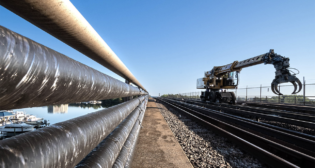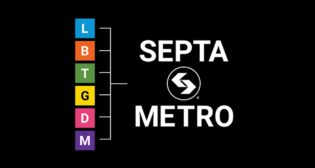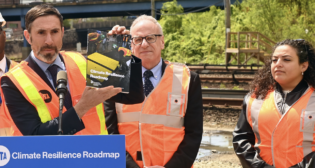
Transit Briefs: Trinity Metro, Midcoast Railservice, NYCT, Keolis
Written by Marybeth Luczak, Executive Editor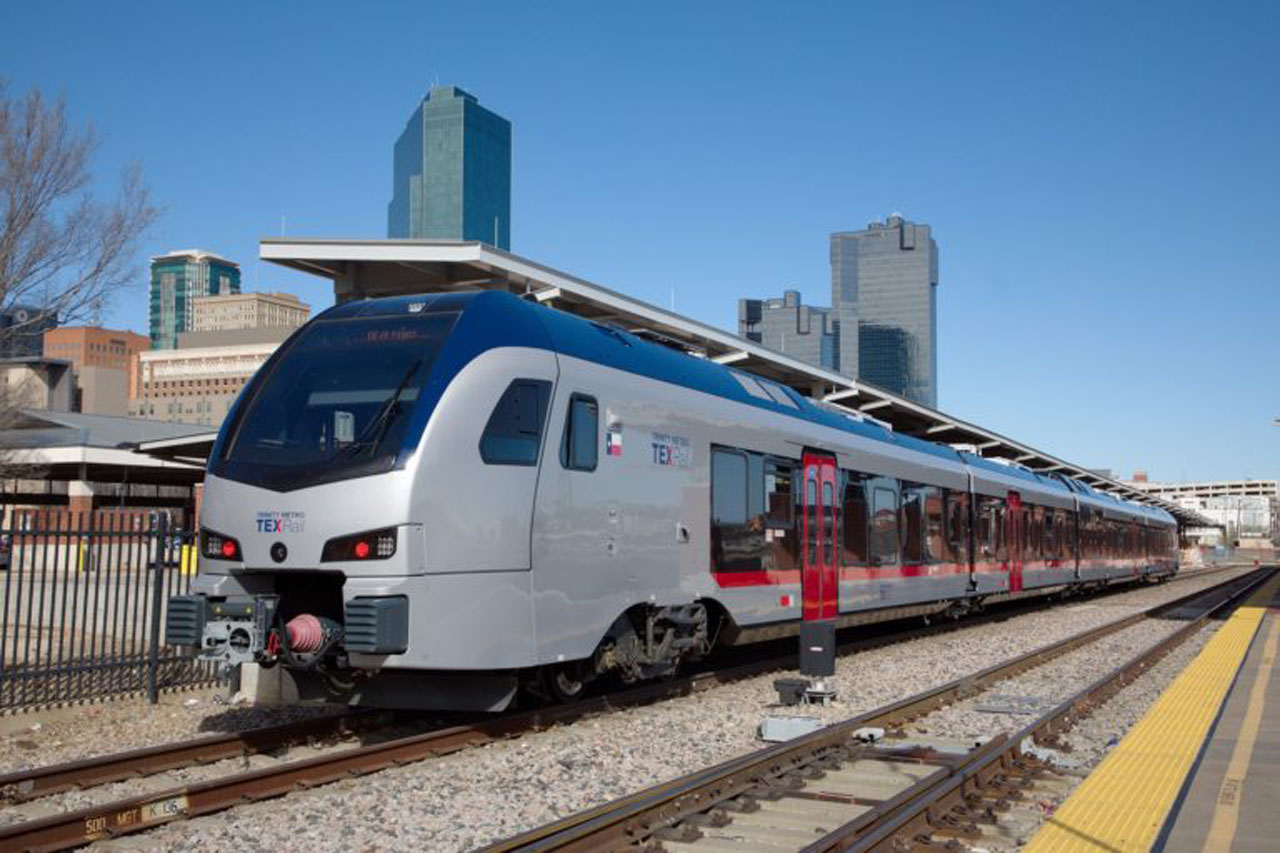
Trinity Metro will continue TEXRail commuter service south to one new station. (Photograph Courtesy of Trinity Metro)
Trinity Metro selects a final design consultant for its $167 million commuter rail extension project in Fort Worth, Tex. Also, Midcoast Railservice debuts Rockland-to-Brunswick, Maine, rail excursions; off-peak headways on MTA New York City Transit’s C Line are decreasing by 20%; and Keolis Commuter Services (Keolis) provides $25,000 in scholarships to Massachusetts students.
The Huitt-Zollars + TranSystems team will serve as the final design consultant for Trinity Metro’s $167 million TEXRAIL extension project. The project will expand the commuter rail line 2.1 miles south from the Fort Worth T&P Station to a new station (plus 100-spot parking lot), which will be located in the Fort Worth Medical District that employs 50,000 people. Construction is slated to begin in 2024, Trinity Metro reported Aug. 2.
In 2020, AECOM was selected to conduct environmental assessment and preliminary engineering for the project.
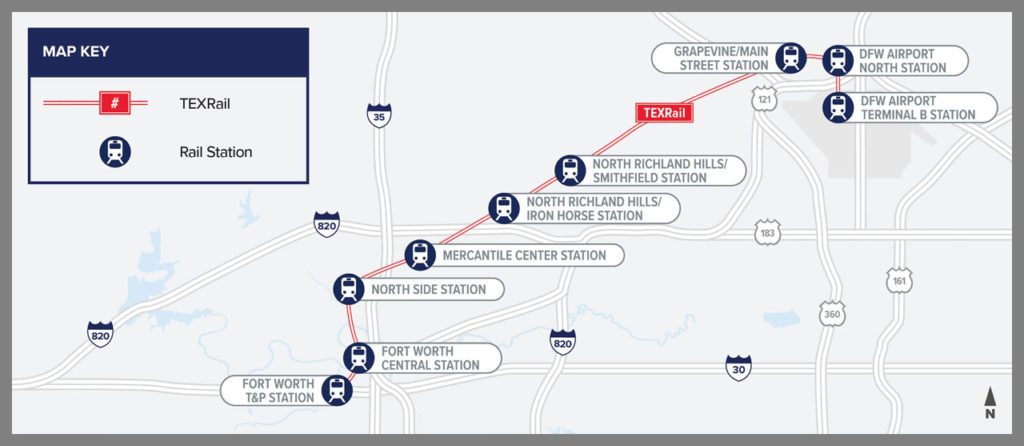
Trinity Metro owns and operates the 27-mile TEXRAIL line, which debuted in January 2019 and celebrated its fourth anniversary earlier this year. TEXRAIL runs from downtown Fort Worth, across northeast Tarrant County, through North Richland Hills and Grapevine, and into Dallas Fort Worth International Airport’s Terminal B. It serves seven stations and connects with the Dallas-Fort Worth Trinity Railway Express (TRE) commuter line at the Fort Worth T&P and Fort Worth Central stations. Trinity Metro and Dallas Area Rapid Transit (DART) jointly own and operate the 34-mile TRE.
“This commuter rail expansion represents a crucial milestone in the development of Fort Worth’s transportation infrastructure,” said Richard Andreski, who became President and CEO of Trinity Metro in June 2022. “By connecting riders to the Near Southside and Medical District, we are offering medical workers, patients, and visitors an opportunity to ride the very popular and very successful TEXRAIL. The expanded rail service will provide a great commuting choice many people while also offering Near Southside residents a seamless connection to DFW Airport.”
“We’ve got a great team in place and complement each other in services we provide to bring these projects to fruition,” Huitt-Zollars Vice President David Campbell said. “Over the years, Huitt-Zollars and TranSystems have been integral to TEXRAIL projects, such as the commuter rail line’s maintenance facility and the initial TEXRAIL line from downtown Fort Worth to the airport. This partnership brings complementary skills together for exceptional results.”
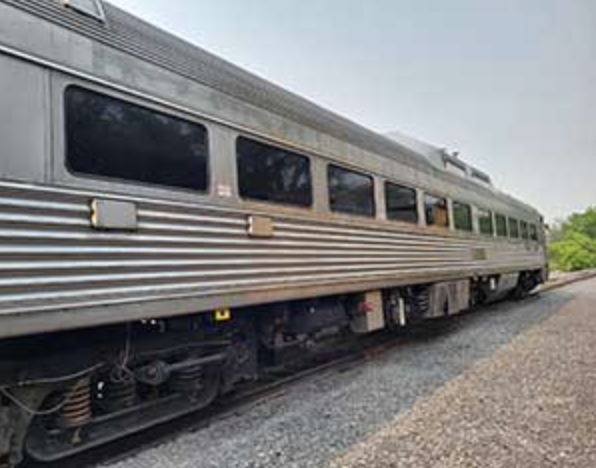
The Penobscot Bay Pilot on Aug. 2 reported that Finger Lakes Railway’s Midcoast Railservice would be operating rail excursions between Rockland and Brunswick, Maine, on Aug. 4-6 during the Rockland Lobster Festival.
The last time passenger rail service ran here was in 2015. According to Finger Lakes Railway co-founder George Betke, the company has “been trying to find a way into Rockland since 2019,” the media outlet reported.
Finger Lakes Railway last year leased the line from the Maine Department of Transportation and has been operating freight service since; Canadian Pacific previously held the lease.
Diesel passenger rail service was to debut at the Lobster Festival, “making four short trips a day, about an hour and 10 minutes, along the Thomaston waterfront and to South Pond in Warren ‘to try to expose as much of the interested public as attends the event to what we have to offer to all the communities on the line,” Betke told the Wiscasset Newspaper on Aug. 3. “Due to insurance requirements and other reasons, the line has to start as excursion operator, Betke said. ‘It would be nice to be able to sell a ticket anywhere here to go to Boston, Washington or wherever,’ but for now, the line will likely start offering Friday, Saturday and Sunday, tentatively a daily round trip from Rockland to Brunswick—morning departure, afternoon return—and at midday a shorter round trip to either Wiscasset or, ‘if the schedule permits and if Newcastle cleans up its station area,’ perhaps Newcastle, then back to Brunswick, Betke said.” Service could start as soon as this month.
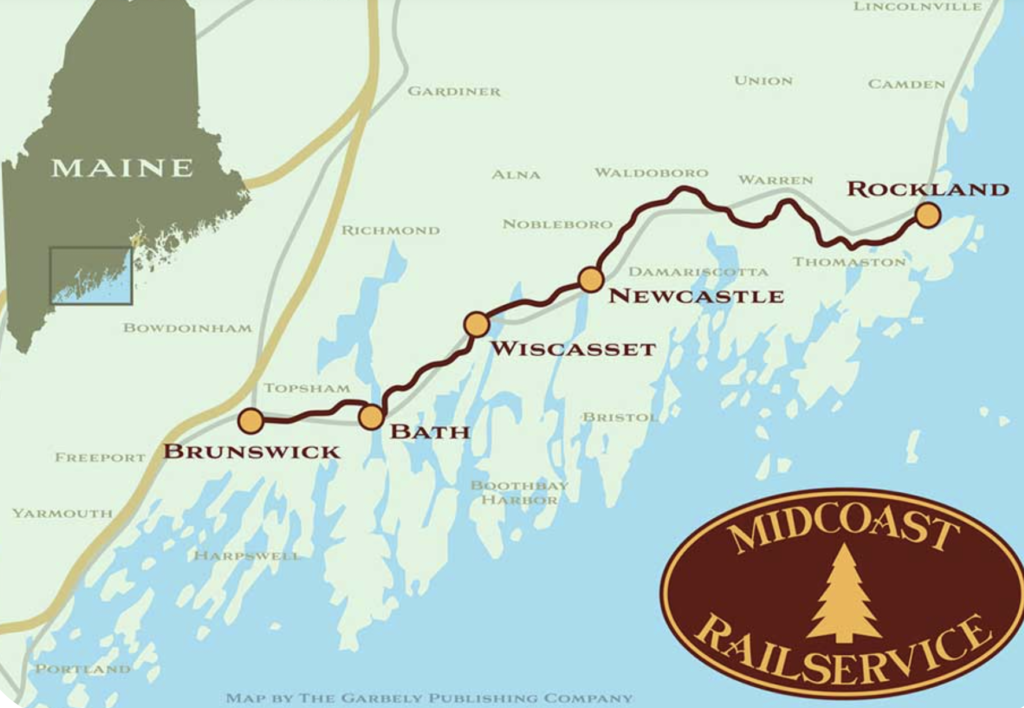
According to the newspaper, “Betke said the trains the company has control of were last used in commuter service in Texas in 2017 and, for that use, got new engines, new interiors, new air conditioning, ‘new just about everything of a mechanical nature.’”
The Wiscasset Newspaper reported that “[a]fter this summer, Betke said the experiment will run along with the lease to 2025, in phases, to learn, among other things, how frequent runs should be and if service should be seasonal or year-round.”
MaineDOT spokesman Damian Veilleux told the paper that “[t]he current excursion service is something Midcoast is doing on their own. Longer term, MaineDOT and NNEPRA (Northern New England Passenger Rail Authority) hope to work with Midcoast to set up a two-year pilot of a scheduled passenger service on the line to gauge public demand and potential ridership of this type of service. The details and the feasibility of that type of service are still being discussed amongst the parties.”
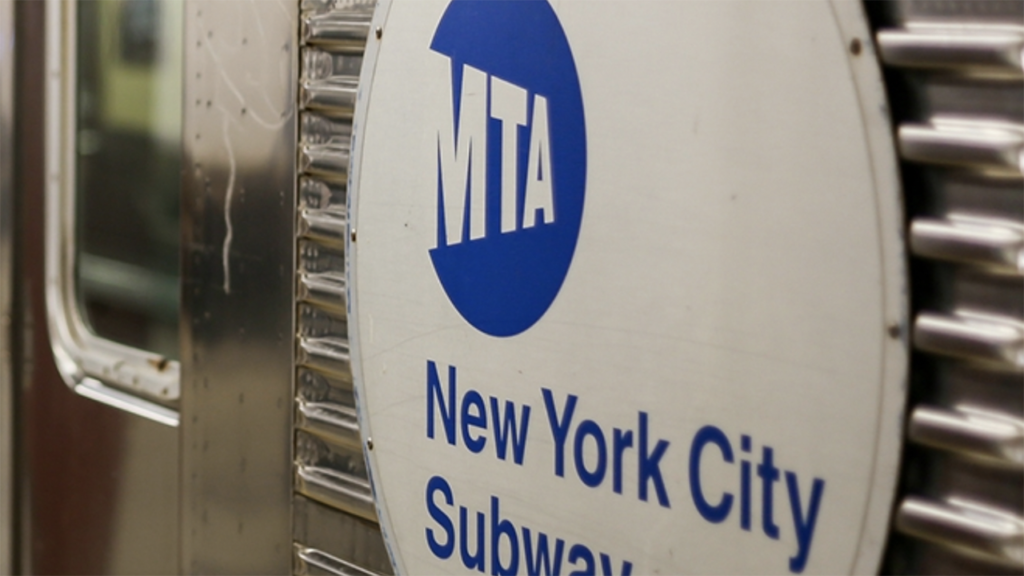
The second phase of previously announced New York subway service increases started Aug. 7 with midday C line trains arriving every eight minutes instead of every 10 minutes on weekdays. The increases focus on off-peak periods where subway ridership has recovered the highest from its pre-pandemic baseline, according to the New York Metropolitan Transportation Authority (MTA). “Subway ridership overall continues to recover, with weekday paid ridership around 65% to 70% of the pre-COVID baseline,” it reported. The latest trend shows 3.5 million riders on an average July weekday, it added.
MTA New York City Transit (NYCT) explored where additional off-peak service would have the most benefit, focusing primarily on lines with train frequencies of 10 to 12 minutes during off-peak hours, the transit agency said. Planned work was taken into consideration when these enhancements were planned to ensure critical state-of-good-repair work and capital work would not be affected.
With the passage of the FY 2024 New York State Budget, NYCT is receiving an additional $35 million to boost service. The first phase began July 2 with weekend-service frequency increases on the G, J and M lines; the third phase will begin in December with evening-service frequency increases on the C, N and R lines and a midday-service frequency increase on the G Line; and the fourth and final phase is expected to be implemented in July 2024 with midday- and evening-weekday frequency increases on the B, D, J and M lines.
“Not everyone is a rush-hour commuter, and more frequent subway service throughout the day—and night—will better connect New Yorkers to Broadway, to education, to all kinds of recreation, and to everything the city has to offer,” MTA Chair and CEO Janno Lieber said. “With this funding from the State Budget, the MTA can get nearly a million riders to where they need to go faster.”
“The goal of these service enhancements is to increase service in areas that have recovered faster than the traditional commuting hours,” NYCT Senior Vice President of Subways Demetrius Crichlow said. “We will continue to monitor trends to ensure we are providing the best service possible for our riders.”
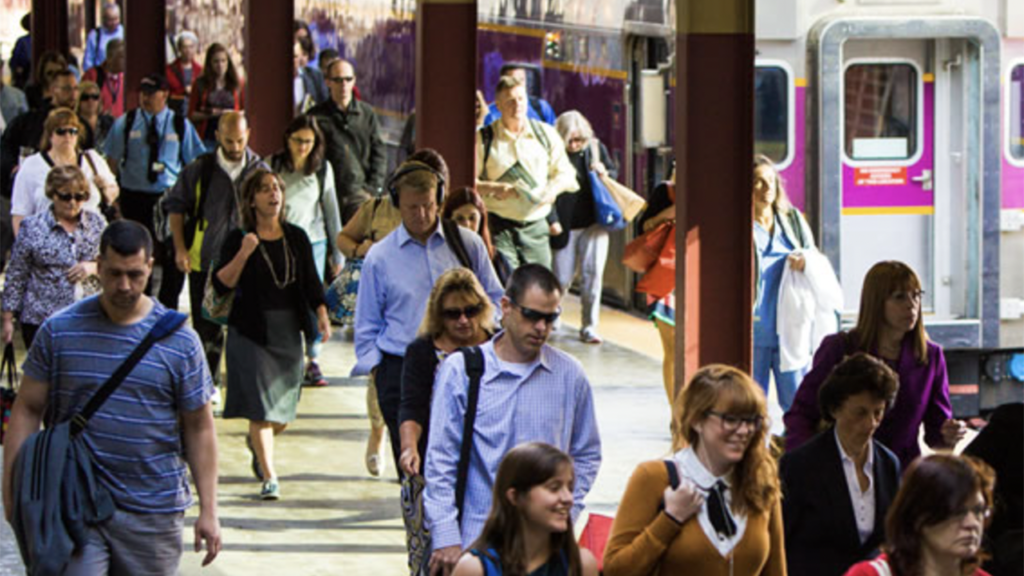
MBTA Commuter Rail operator Keolis has awarded a total of $25,000 in scholarships to 25 students in Boston, Brockton, Lawrence, Lynn and Worcester, Mass., as part of the 2023 Keolis Scholars program. Each student can use their $1,000 gift to help pay for post-secondary education or job training, according to the company.
Each academic year, Keolis works with the municipal school districts with large populations of underserved communities and first-generation families to select the Keolis Scholars and to distribute the awards, which are based on both merit and financial need. According to Keolis, the program has granted $225,000 in scholarships to students in the commonwealth since it launched in 2015.
2023 Keolis Scholarship Awardees in Boston:
- Mantherry Edouard, UMass Boston
- Elvin Hernandez, Boston University
- Dawens Fortune, Bridgewater State University
- Michael Nuñez, Wentworth Institute of Technology
- Sami Salloum, UMass Amherst
2023 Keolis Scholarship Awardees in Brockton:
- Michael Pham, Wentworth Institute of Technology
- Desiree Santos, Barry University
- Abigail Bertocchi, UMass Amherst
- Steve Adames Mateo, Worcester Polytechnic Institute
- Mackenzie Gomes, American University
2023 Keolis Scholarship Awardees in Lawrence:
- Julian Rosario, Husson University
- Lindsay Lopez, Simmons University
- Dairin Bautista, UMass Amherst
- Alexander Paredes, UMass Lowell
- Walky Felipe, Rensselaer Polytechnic Institute
2023 Keolis Scholarship Awardees in Lynn:
- Yesenia Esteban Lopez, North Shore Community College
- Nicolas Toledo, North Shore Community College
- Angelina Costin, UMass Amherst
- Turner White, Roger Williams University
- Emily Taveras, Suffolk University
2023 Keolis Scholarship Awardees in Worcester:
- Phu Nyugen, UMass Amherst
- Leslie Mburu, UMass Amherst
- Michael James Alan, Clark University
- Noveadra Sorensen-Holmes, Salem State University
- Sophia Ngo, Northeastern University
